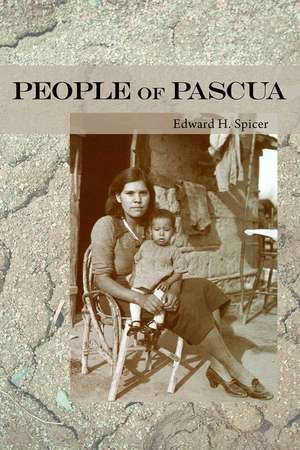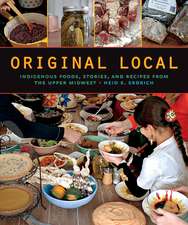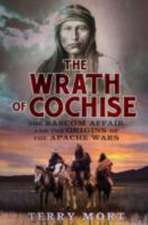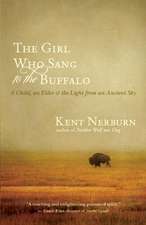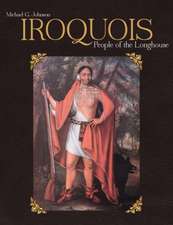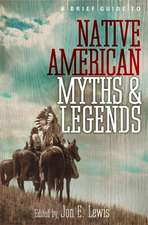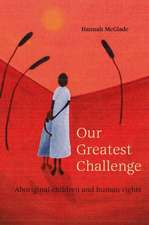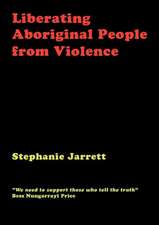People of Pascua
Autor Edward H. Spicer Editat de Kathleen Mullen Sands, Rosamond B. Spiceren Limba Engleză Paperback – 15 apr 2011
“[People of Pascua] sketches the history and culture of the Tucson area Yaqui and contains case studies of a number of the informants. What constituted ‘Yaquiness’ in Pascua was mainly a common language, a shared historical tradition, and an aberrant form of Catholic Christianity laced with Yaqui concepts. This clearly and concisely written book is very important in its own terms both as an early example of the use of life histories in ethnology and as a significant contribution to Yaqui studies.”—Choice
Preț: 247.93 lei
Nou
Puncte Express: 372
Preț estimativ în valută:
47.45€ • 49.47$ • 39.43£
47.45€ • 49.47$ • 39.43£
Carte tipărită la comandă
Livrare economică 21 martie-04 aprilie
Preluare comenzi: 021 569.72.76
Specificații
ISBN-13: 9780816529674
ISBN-10: 0816529671
Pagini: 381
Dimensiuni: 152 x 229 x 25 mm
Greutate: 0.63 kg
Ediția:3
Editura: University of Arizona Press
Colecția University of Arizona Press
ISBN-10: 0816529671
Pagini: 381
Dimensiuni: 152 x 229 x 25 mm
Greutate: 0.63 kg
Ediția:3
Editura: University of Arizona Press
Colecția University of Arizona Press
Notă biografică
Before his death in 1983, Edward H. Spicer held a joint appointment in anthropology and sociology at the University of Arizona and was perhaps the foremost scholar and authority on the history and culture of the Yaqui Indians of Sonora and the desert Southwest.
Recenzii
“Spicer’s methodology included biography as a means to better understand Yaqui behaviors, choices, and attitudes about others. . . . Marvelously written and should benefit a diverse readership.”—Explorations in Sights and Sounds
“Spicer’s People of Pascua is well written and well edited. Both the editorial preface and the updatings in the end notes are clear and succinct.”—Canadian Journal of Native Studies
“Spicer’s People of Pascua is well written and well edited. Both the editorial preface and the updatings in the end notes are clear and succinct.”—Canadian Journal of Native Studies
